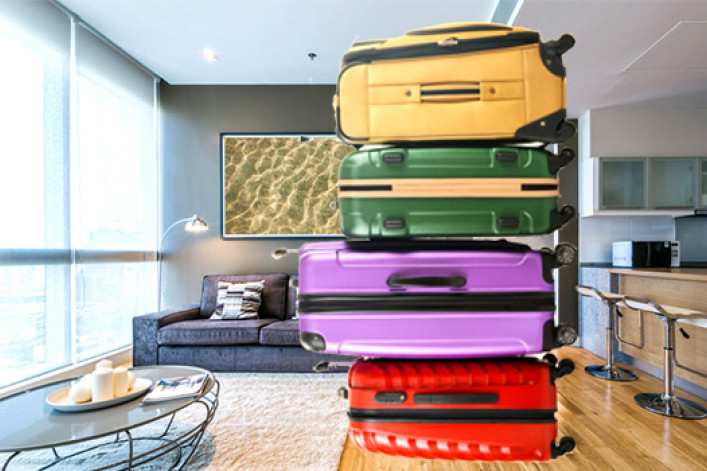5 ways to screw up your sublet

As stuck sellers resort to renting out their apartments, 2009 is fast becoming the year of the accidental landlord. And Manhattan real estate attorney Steven Ebert says he is seeing a spike in newbie landlord mistakes, such as:
1. Keeping the security deposit in your personal account rather than opening a landlord tenant-account at the bank. That’s illegal. And if a good tenant goes bad, a court may not let you keep the security.
2. Not realizing that you have to pay tax on rental income. It’s taxed at the same rate as regular income, says Ebert, minus deductions that include property taxes, common charges, depreciation, mortgage interest and some types of repairs.
3. Not requiring your tenant to get renter’s insurance (about $300-400 a year). It's always better to have a claim against someone else's insurance. And make sure your own insurer knows the apartment is no longer your primary residence.
4. Relying on a standard form lease from REBNY or Blumberg--which don't address issues like who pays the building application fees, whether there's a dollar limit on repairs or a penalty if a tenant overstays the lease. If it's your first time as a landlord, get a lawyer to help negotiate the lease—it should take no more than five lawyer-hours, and probably a lot less, says Ebert.
5. Forgetting (or 'forgetting') to seek building approval—which becomes apparent on move-in day when the doorman blocks your tenant from using the elevator without an approved lease. The approval process typically involves an application, a fee, and possibly the addition of certain language to the lease.

























